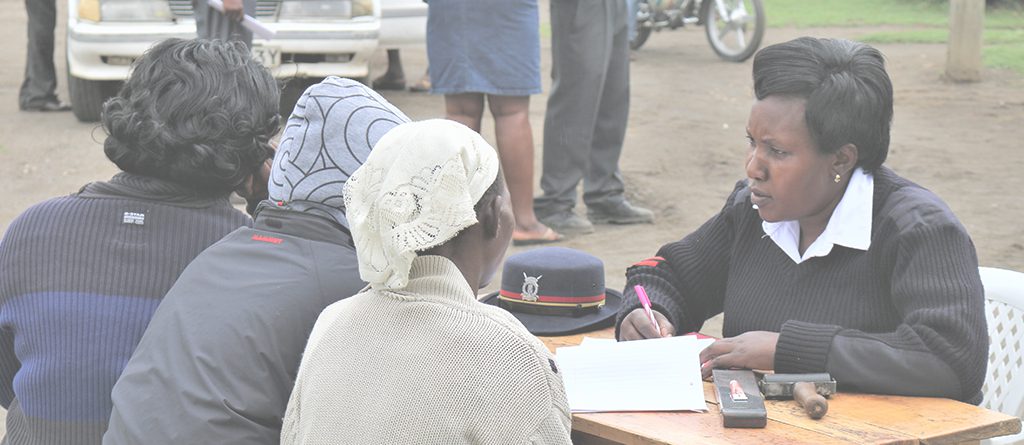
DFID’s Strategic Vision challenges us to see the full picture when considering gender and inclusion in development programming. In this blog, Anna Misterska, Tetra Tech International Development Europe’s Gender Team Co-Lead, looks at how we respond to that challenge.
The international development sector has been reinforcing sensitivity to the differences between men, women, boys and girls in its programmes, to reflect the UK’s commitment to equality enshrined in the Gender Equality Act. We understand that our gender can shape our individual perceptions and experiences, including our ability to use services, access justice, find employment or influence public-decision making.
But our identity and position in the world are affected by so much more than gender. Our ethnicity, socio-economic background, abilities, nationality, age, sexual orientation, among others, all create a mosaic of factors which impact the barriers, choices and opportunities that are available to us.
If we want to reach those who need it most, then why would we stop at being gender sensitive?
DFID’s Strategic Vision for Gender Equality, ‘Her Potential, Our Future’, published earlier this year, recognises that the most marginalised individuals within our society often face ‘multiple exclusions’ because of their social identity or poverty status. And its commitment to ‘leave no girl or woman behind’ challenges us to understand who and where these individuals are, so we can do better at including and empowering them. It means being accountable to those whose voices may be hardest to hear.
At Tetra Tech, we’ve taken this challenge head on, building our approach on the understanding that our identities are not only multiple, but intersecting. We knew we needed to better understand how this affects different opportunities and barriers in the communities and countries where we work, so we have incorporated an intersectional approach into our gender analysis guidance. The analysis is a starting point for all of our projects to ensure that they strive to be inclusive and remain sensitive to the myriad of factors which reinforce inequalities at all levels.
But this is just our starting point, which is why I am excited that Tetra Tech is joining the Transforming Agency, Access and Power (TAAP) Community of Practice. We will be working with other like-minded organisations to develop, test, and improve tools and guidance to help us operationalise our commitment to inclusive development.
I am proud to see that our expectations in the sector now go beyond a simple ‘good practice’ in gender sensitive programming; that we are working together and continuously learning to really make sure that we are not leaving anyone behind. Because we must not accept anything less than commitment to being truly inclusive and empowering.
And that is just the way it should be.